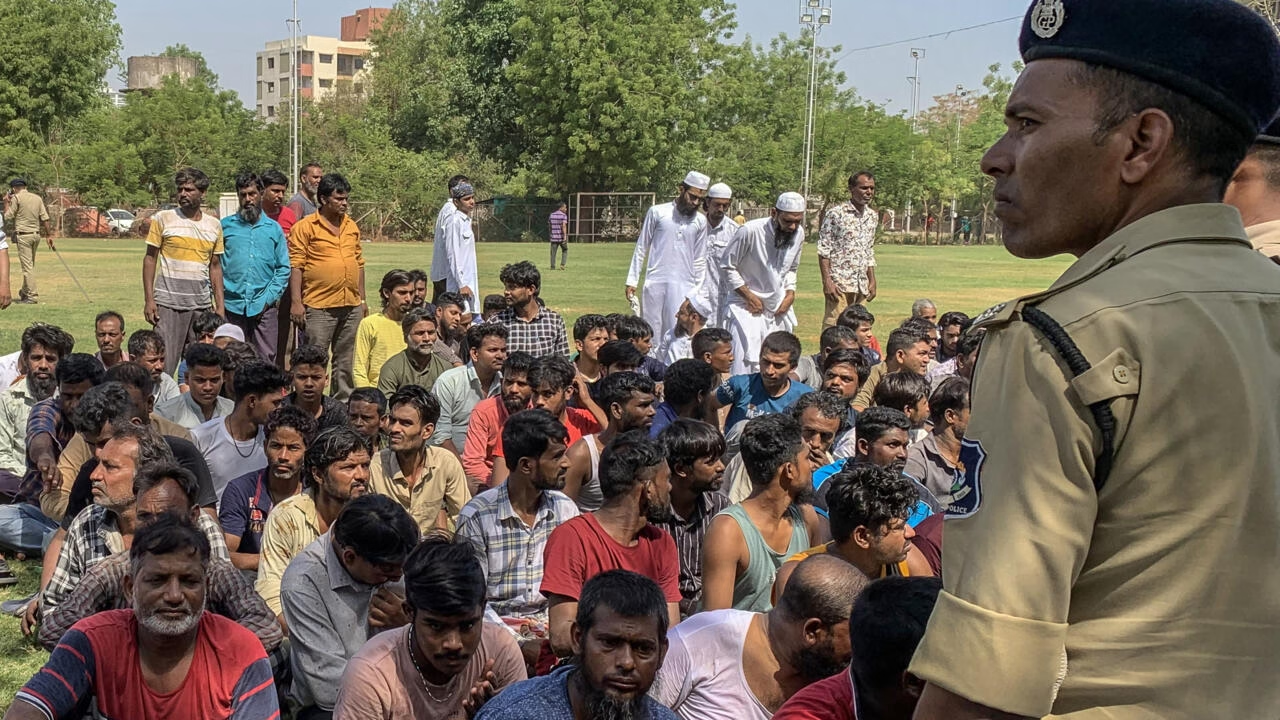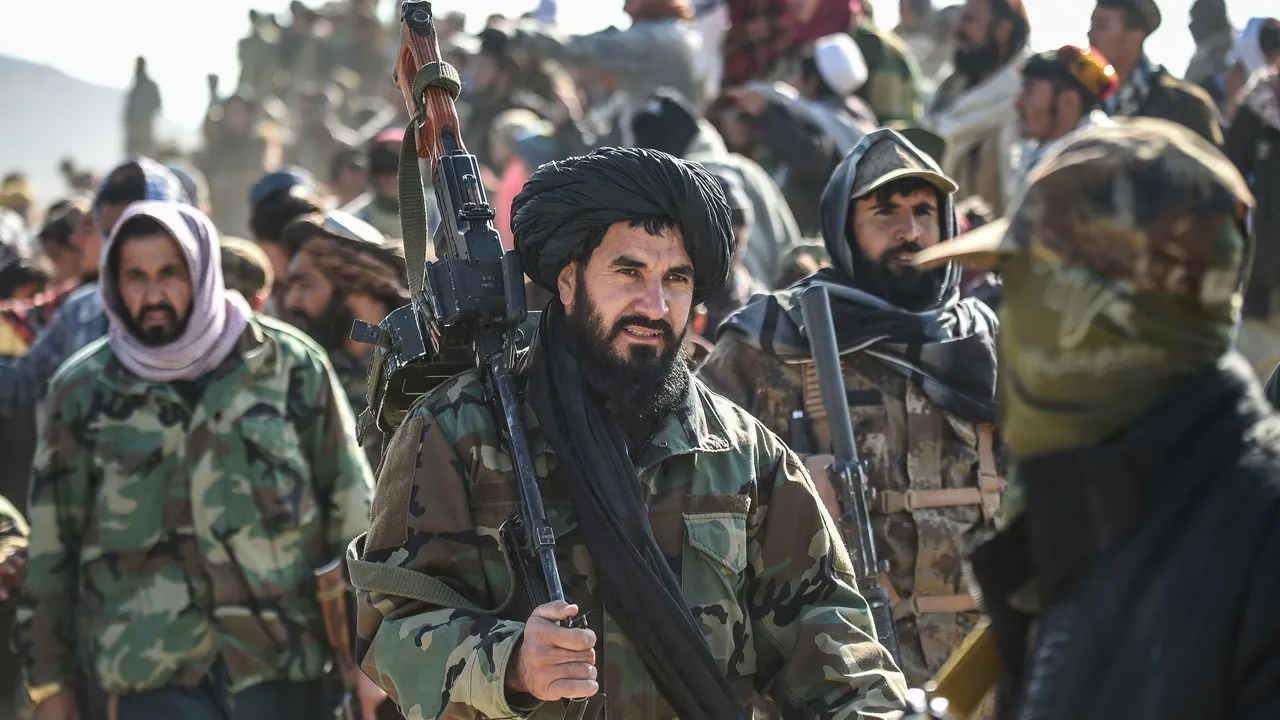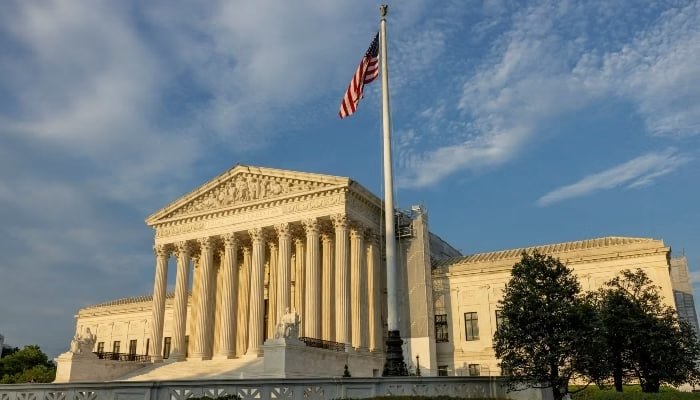India has deported hundreds of people to Bangladesh without trial in recent weeks, drawing sharp criticism from human rights activists and legal experts who call the operation unlawful and rooted in ethnic and religious profiling.
While Indian officials claim those expelled are undocumented migrants, critics argue that many of the deportees are long-time residents of India, often from the Bengali-speaking Muslim community, and that no due process was followed before removing them.
The sweeping crackdown comes after an April 22 attack in Indian Illegally Occupied Jammu and Kashmir (IIOJK) killed 26 people, mostly Hindu tourists. India blamed Pakistan for the assault—a claim Islamabad strongly denied. The incident triggered a brief but deadly four-day conflict that left more than 70 people dead and pushed Indian authorities to launch a nationwide security operation.
As part of the crackdown, thousands were reportedly detained, and many of them were pushed across the border into Bangladesh—sometimes at gunpoint.
rising fear among muslim communities
“Muslims, particularly from the eastern part of the country, are terrified,” said Harsh Mander, a veteran Indian human rights activist. “You have thrown millions into this existential fear.”
India’s estimated 200 million Muslims—especially Bengali-speaking communities in Assam, West Bengal, and Bihar—have expressed deep concern over the deportations. The government of Prime Minister Narendra Modi, known for its Hindu nationalist stance, has previously described undocumented immigrants from Bangladesh as “termites” and “infiltrators.”
forced across the border in the dark
One victim, Rahima Begum from Assam, recounted her ordeal to AFP. She said she was detained in May and later forced with five other Muslims into swampy borderlands in the dark of night.
“We’ve lived here for generations,” she said. “My parents, my grandparents—we’re all from here. I don’t understand why they did this to me.”
According to Begum, Indian police told them to crawl toward a distant village on the Bangladeshi side and warned, “Do not dare to stand or walk, or we will shoot you.”
After being discovered by Bangladeshi villagers, the group was reportedly beaten by local border guards and told to return to India. When they attempted to re-cross the border, gunfire erupted. “We thought we were going to die,” Begum said.
Eventually, she was returned to her home in Assam, where she was warned to keep quiet.
legal experts: deportations violate law
Indian civil rights lawyer Sanjay Hegde strongly condemned the actions. “You cannot deport people unless the receiving country agrees to take them,” he said. “And under Indian law, deportation requires legal procedure and proof.”
Bangladeshi officials say more than 1,600 people have been pushed across the border since May. Some Indian media reports put the figure closer to 2,500. Bangladesh Border Guards have reportedly returned around 100 of those deported after verifying that they were, in fact, Indian citizens.
Meanwhile, many of those caught in the sweep are poor laborers in states governed by the Bharatiya Janata Party (BJP). Rights advocates say this targeting reflects a broader ideological agenda.
“This is not just about migration,” said one activist. “This is an ideological hate campaign dressed up as law enforcement.”
India has also faced criticism for deporting Rohingya refugees to Myanmar, often using navy ships to return them to a country torn by conflict and repression.
Despite mounting questions and international concern, Indian authorities have not publicly released figures or responded to inquiries about the total number of people detained or deported.


